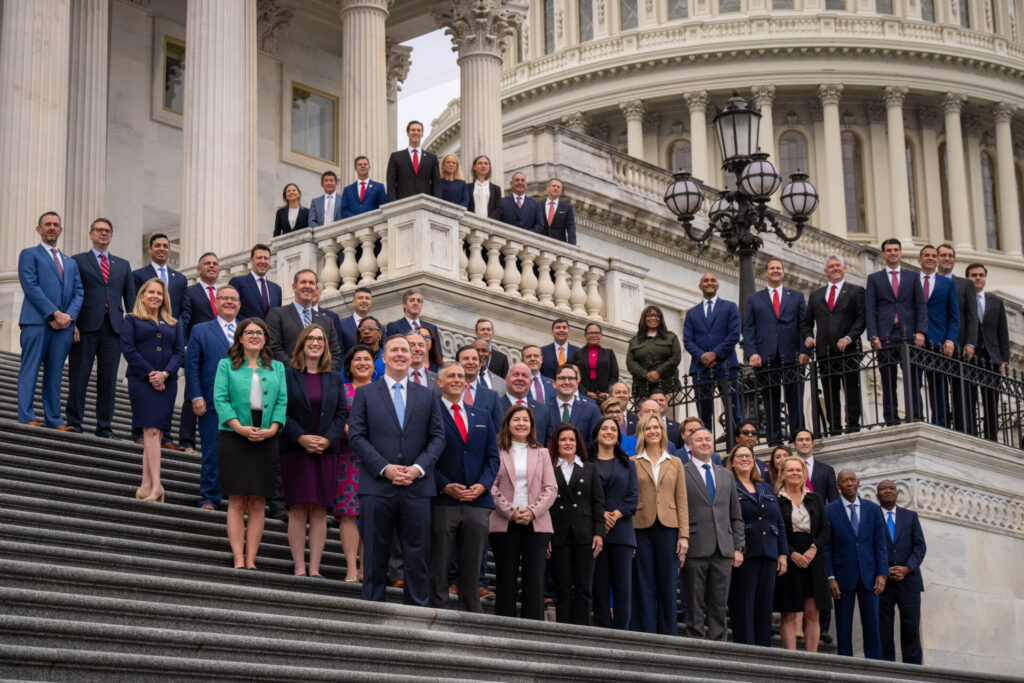Groundbreaking wins marked the 2024 general election with historic firsts. The new House of Representatives will be sworn in on January 3, 2025, at noon. This date marks the beginning of the 119th Congress. The history-makers include:

Sarah McBride (D-DE)
Sarah McBride was already the highest-ranking transgender elected official in the United States when she won her election in November 2020 to be the country’s first openly transgender state senator. With her historic win in the election for Delaware’s at-large congressional district will also be the first out LGBTQ person elected to Congress from Delaware.
Following the election but prior to her swearing-in, the House, led by Speaker Mike Johnson (R-LA) following a series of anti-transgender attacks by Rep. Nancy Mace (R-SC), banned trans people from using single-sex bathrooms on Capitol Hill that match their gender identity.
McBride responded with a post on X: “I’m not here to fight about bathrooms, I’m here to fight for Delawareans and to bring down costs facing families. Like all members, I will follow the rules as outlined by Speaker Johnson, even if I disagree with them. This effort to distract from the real issues facing this country hasn’t distracted me over the last several days…. Serving in the 119th Congress will be the honor of a lifetime, and I continue to look forward to getting to know my future colleagues on both sides of the aisle. Each of us were sent here because voters saw in us something that they value. I have loved seeing those qualities in the future colleagues that I’ve met and I look forward to seeing those qualities in every member come January. I hope all of my colleagues will seek to do the same with me.”

Emily Randall (D-WA)
Democratic state Sen. Emily Randall will be the first out LGBTQ person elected to Congress from Washington state. Randall will become the first queer Latina to serve in Congress after winning the open seat, and the first woman elected to represent Washington’s 6th District.
Randall said of her election, “I jumped into this race a year ago because of the potential to have a second Trump administration. I knew that it would be important to be on the front lines defending attacks on the people and the policies that my community relies on. I am ready to get to work on issues of healthcare and education, and I know that it’s important to build relationships with colleagues from all parties.”

Julie Johnson (D-TX)
Julie Johnson is the first out LGBTQ person elected to Congress from Texas, winning the open race for the state’s 32nd Congressional District. Texas is the nation’s second-most populous state.
Johnson said, “It’s humbling to win a seat in Congress, especially in a state as historically conservative as Texas. What Texans want are people who are smart and thoughtful, who work hard, are compassionate, can clearly articulate the issues and be a good representative of the people.” She continued, “I will not tolerate bigotry and will call it out. We all deserve an opportunity to succeed, we all deserve an opportunity to be happy, we all deserve an opportunity to be loved.”
Several LGBTQ incumbents also won their races or made history, including:
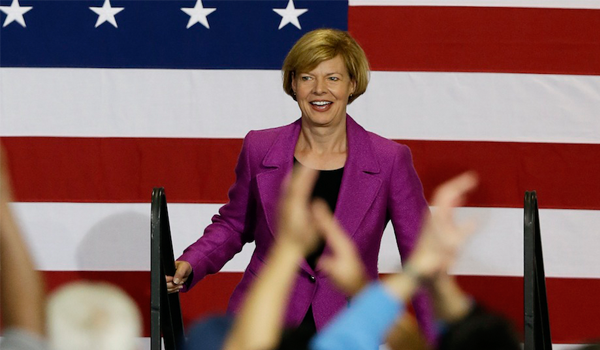
Sen. Tammy Baldwin (D-WI)
Winning her third term as Wisconsin’s U.S. Senator, Tammy Baldwin is the first openly gay person to serve in the Senate. A history maker on multiple occasions, Baldwin was the first woman elected to Congress from Wisconsin when she won her House seat in 1998, and she became the first woman U.S. Senator from Wisconsin as well in 2012.

Rep. Ritchie Torres (D-NY)
When first elected, Ritchie Torres was the first out LGBTQ Afro-Latine person elected to the U.S. Congress upon his first election in 2020. The incumbent U.S. representative for New York’s 15th congressional district retained his seat.
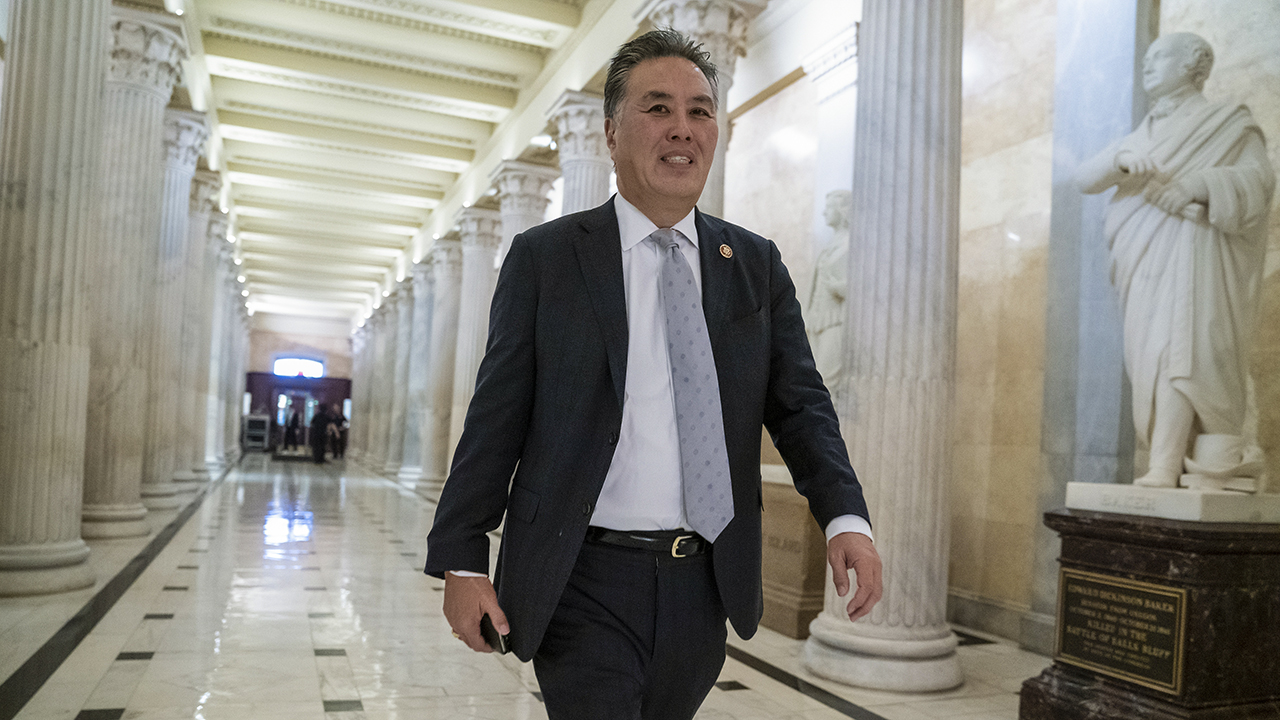
Rep. Mark Takano (D-CA)
Mark Takano was re-elected to continue serving as the only out LGBTQ, Asian American and Pacific Islander (AAPI) member of Congress.
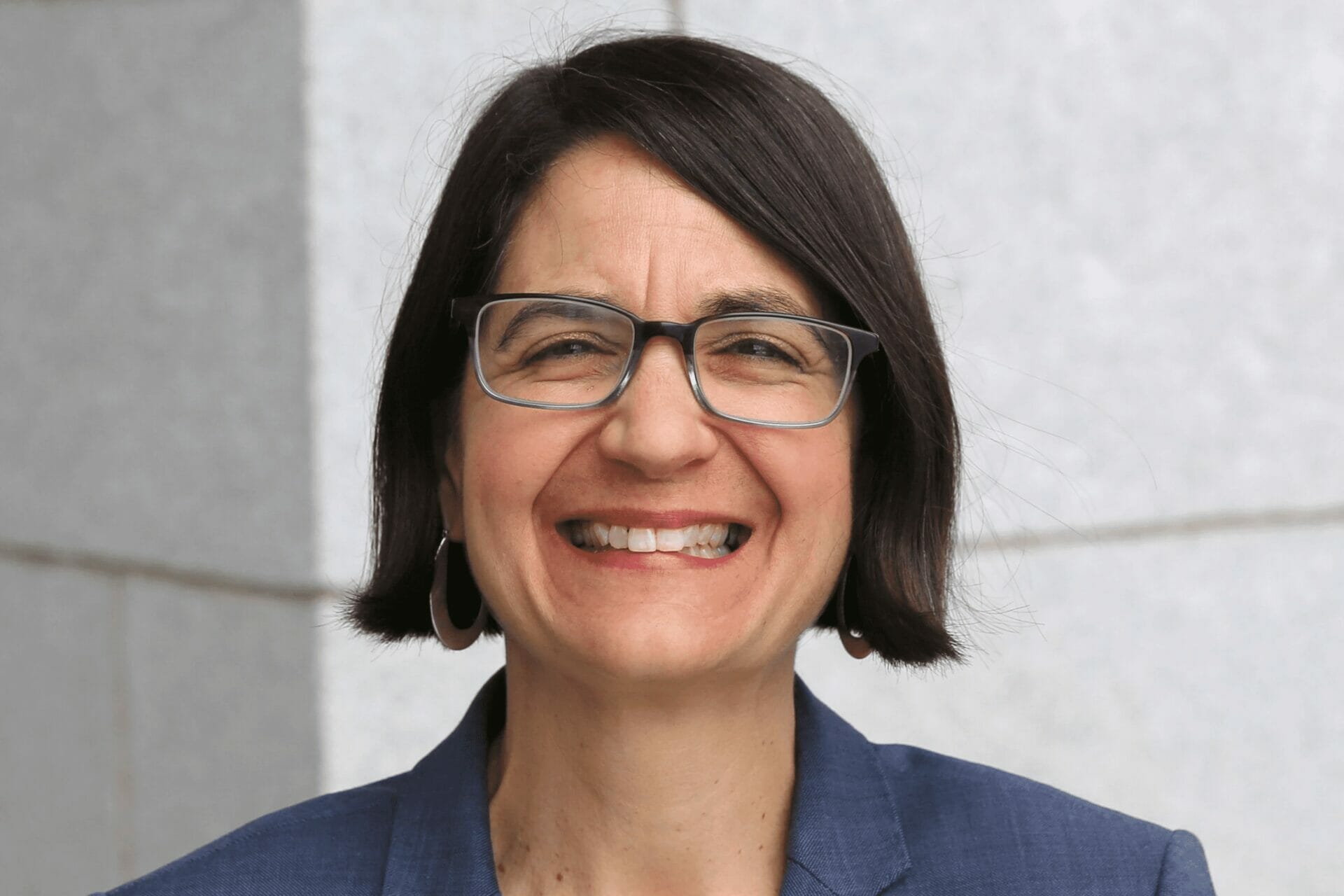
Rep. Becca Balint (D-VT)
Becca Balint won reelection in the 2024 general election. Her victory continues her historic role as the first woman and first openly gay person to represent Vermont in Congress.

Rep. Sharice Davids (D-KS)
Sharice Davids won re-election to the U.S. House of Representatives, continuing her role as one of the few Native American women in Congress. Davids is the first out LGBTQ person elected to represent Kansas in Congress, and the first LGBTQ Native American elected to Congress.
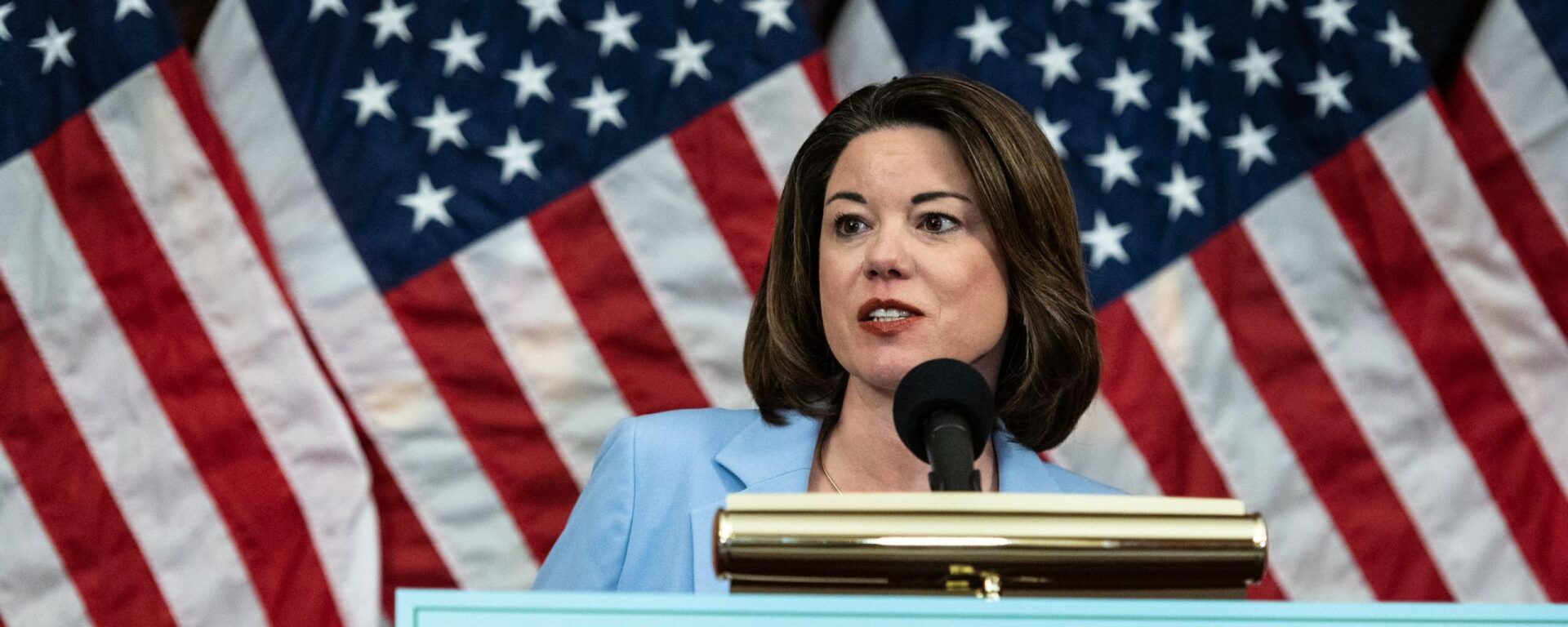
Rep. Angie Craig (D-MN)
Angie Craig of Minnesota has made history as the first woman and out LGBTQ person to serve as the ranking member of the House Agriculture Committee, a role that positions her as the top Democrat on the influential panel.
Donald Trump’s election to his second term as President marks an historic first of a less laudable kind: He became the first U.S. president convicted of a felony, 34 in total for election interference, and first convicted felon elected to the presidency. GLAAD has documented the anti-LGBTQ policies and rhetoric of the first Trump administration and campaigns for president on the Trump Accountability Tracker.

Trump’s nominees to key government positions in his Cabinet and as directors of important agencies include a number of figures with histories of anti-LGBTQ statements and actions, including some that served in his first administration. Among them are:
Pete Hegseth, nominated for Secretary of Defense, baselessly said transgender soldiers are “not deployable” because they are “reliant on chemicals” and suggested that women should not serve in certain combat roles. There is no evidence of this.
Robert F. Kennedy, Jr., nominated for Secretary of Health and Human Services, repeatedly promoted the falsehood that HIV is not the cause of AIDS, instead attributing the condition to other factors such as recreational drug use, particularly amyl nitrite (“poppers”), and lifestyle stressors. This is AIDS denialism.
Kristi Noem, nominated for Secretary of Defense, signed two executive orders in 2021 banning transgender girls and women from competing on women’s sports teams at public high schools and colleges in South Dakota.
John Ratcliffe, nominated for CIA Director, said he opposes an individual state’s right to recognize not only marriage equality, but even civil unions.
Russell Vought, nominated for Director of the Office of Management and Budget (OMB), was a key architect of Project 2025, a conservative policy initiative that includes proposals to roll back protections for LGBTQ individuals.
These and profiles of other nominees are here. Nominees will face questions in confirmation hearings in the now Republican-led Senate.
Pro-equality members of Congress are crucial for ensuring that diverse voices and experiences are included in legislative discussions in the GOP-led chambers. ABC News reports that for the first time in 20 years, there will be no women and no people of color as leaders of the 17 House committees.
LGBTQ representatives are expected to be strong advocates for LGBTQ rights, particularly in light of the increasing number of anti-LGBTQ bills being introduced in state legislatures across the country. In 2024 alone, over 574 anti-LGBTQ bills were introduced across the country, with many targeting transgender people’s access to health care, student access to school sports and other educational policies. Pro-LGBTQ representatives will need to combat these legislative efforts, defend against attempts to roll back existing protections, as well as promote pro-equality measures, including the Equality Act. Additionally, House Republicans have attached numerous anti-LGBTQ policy riders to must-pass appropriations bills, which complicates funding processes and threatens essential services for LGBTQ people. This tactic is an attempt to use budget negotiations to push discriminatory policies, including a proposed ban on coverage of transgender health care for transgender children of military service members. Every major medical association and leading world health authority supports health care for transgender people and youth.

